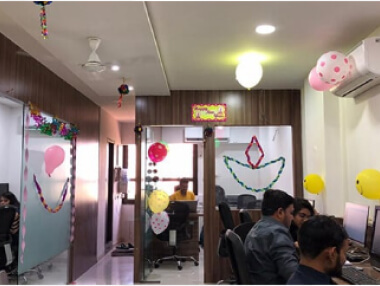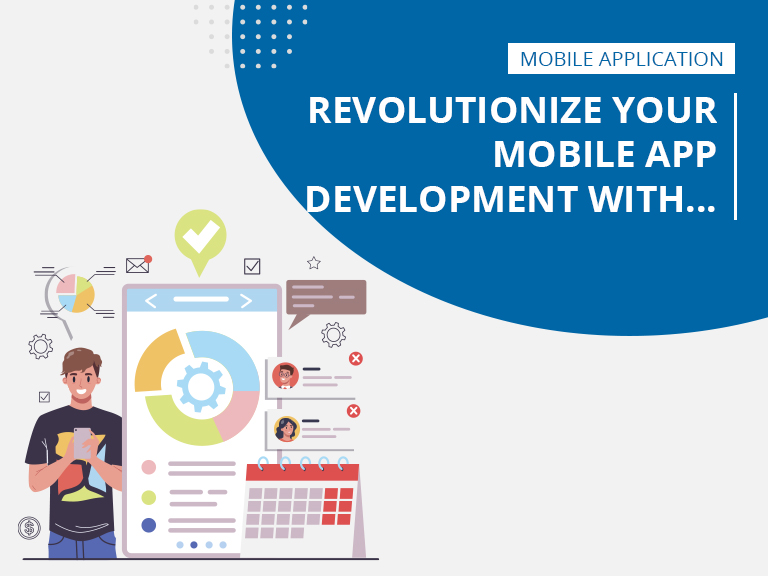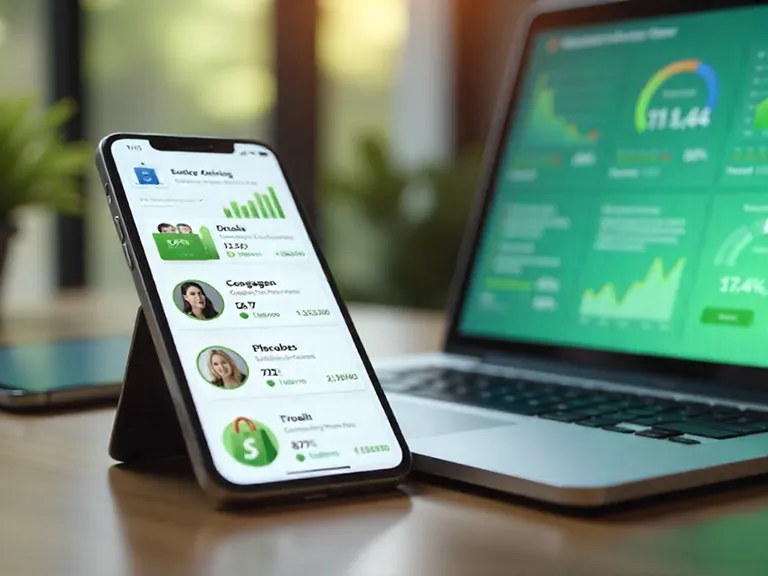As mobile apps continue to dominate the digital landscape, businesses everywhere are scrambling to develop their own apps to stay relevant and competitive. However, with the high demand for mobile apps comes an equally high demand for quality mobile app development. This is where project planning comes into play. In this article, I will explore the importance of project planning in mobile app development and provide proven strategies to revolutionize your mobile app development process.
Introduction to Mobile App Development
Mobile app development refers to the process of creating software applications designed to run on mobile devices such as smartphones and tablets. The goal of mobile app development is to provide users with a seamless and enjoyable experience while using the app. Mobile apps can be developed for a variety of purposes, such as entertainment, productivity, communication, and more. With the rise of mobile devices and the increasing amount of time people spend on their phones, the demand for mobile apps has skyrocketed in recent years.
Understanding the App Development Process
Looking to revolutionize your mobile app development process? Hire UI/UX developers and hire mobile app developers who can help you navigate the different stages of app development. The process can be broken down into several stages such as ideation, design, development, testing, and deployment. During the ideation stage, brainstorm and conceptualize the app’s purpose, features, and target audience. The design stage involves creating visually appealing wireframes, user interface (UI), and user experience (UX) designs, while the development stage involves coding and building the app’s backend and frontend. Once the app is built, you need to perform quality assurance and bug testing during the testing stage. Finally, during the deployment stage, release the app to the public and ensure it is available on app stores such as the Apple App Store and Google Play Store. Trust in the expertise of UI/UX developers and mobile app developers to help you streamline your workflow and achieve better results.
Why Project Planning is Crucial in Mobile App Development
With so many moving parts involved in the app development process, project planning is crucial to ensure the project stays on track, within budget, and meets the desired outcome. Project planning involves creating a roadmap for the entire project, including timelines, budgets, and resources. Without proper project planning, mobile app development projects can quickly spiral out of control, causing delays, cost overruns, and a subpar finished product.
Strategies for Successful Project Planning in Mobile App Development
To ensure successful project planning in mobile app development, businesses should implement the following strategies:
Setting Clear Goals and Objectives for Your Mobile App
Before starting any mobile app development project, it’s crucial to establish clear goals and objectives. What problem does the app solve? Who is the target audience? What features are essential to include? These are all questions that need to be answered before any development can begin. By setting clear goals and objectives, businesses can ensure everyone involved in the project is on the same page and working towards the same end goal.
Developing a Comprehensive Timeline for Your Mobile App Project
A comprehensive timeline is a crucial component of successful project planning in mobile app development. The timeline should include all stages of the development process, including ideation, design, development, testing, and deployment. Each stage should have its own set of tasks and deadlines, and the timeline should be regularly updated to reflect any changes or delays. By developing a comprehensive timeline, businesses can keep the project on track and ensure all deadlines are met.
Creating a Detailed Scope of Work Document for Your Mobile App Project
A scope of work document outlines the project’s goals, objectives, and deliverables in detail. It should include a detailed description of the app’s features, user interface, and user experience. The document should also outline the development team’s roles and responsibilities, project timelines, and budget. By creating a detailed scope of work document, businesses can ensure everyone involved in the project has a clear understanding of what is expected of them and what the final product should look like.
Identifying Potential Roadblocks and Creating Contingency Plans
Even the best-planned projects can encounter roadblocks or unforeseen issues. That’s why it’s essential to identify potential roadblocks and create contingency plans in case something goes wrong. For example, if a critical team member falls ill or quits, what steps will be taken to ensure the project stays on track? By identifying potential roadblocks and creating contingency plans, businesses can minimize the impact of unexpected issues and keep the project moving forward.
Best Practices for Project Management in Mobile App Development
In addition to the above strategies, there are several best practices businesses should follow to ensure successful project management in mobile app development:
- Regularly communicate with the development team to ensure everyone is on the same page.
- Use project management tools such as Asana, Trello, or Jira to keep track of tasks and deadlines.
- Regularly update stakeholders on the project’s progress and any changes or delays.
- Conduct regular quality assurance testing to ensure the app’s functionality and usability.
- Collaborate with designers and developers to ensure the app’s UI and UX are user-friendly and visually appealing.
Measuring the Success of Your Mobile App Project
To measure the success of a mobile app development project, businesses should track the following metrics:
- User acquisition: How many users have downloaded and installed the app?
- User retention: How many users continue to use the app after the initial download?
- App store ratings and reviews: What are users saying about the app in the app store?
- Revenue: How much revenue has the app generated through in-app purchases or advertising?
- Engagement: How frequently are users using the app, and for how long?
By tracking these metrics, businesses can determine whether the app is meeting its goals and objectives and identify areas for improvement.
Tools and Resources for Mobile App Project Planning
There are several tools and resources available to businesses to simplify the mobile app project planning process, such as:
- Project management tools: Asana, Trello, Jira, Basecamp
- Wireframing and prototyping tools: Sketch, Figma, InVision
- Collaboration tools: Slack, Microsoft Teams, Zoom
- Budgeting and finance tools: QuickBooks, FreshBooks, Xero
Conclusion
Mobile app development is a complex process that requires careful planning and execution. By following the strategies outlined in this article, businesses can revolutionize their mobile app development process and create successful, user-friendly apps that meet their goals and objectives. Remember to set clear goals and objectives, develop a comprehensive timeline, create a detailed scope of work document, identify potential roadblocks, and follow best practices for project management. With these strategies in place, businesses can take their mobile app development to the next level and stay competitive in today’s digital landscape.
Ready to revolutionize your mobile app development process? Contact us today to learn more about our mobile app development services.







